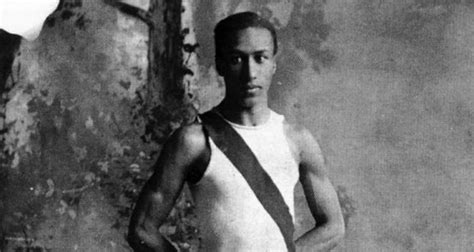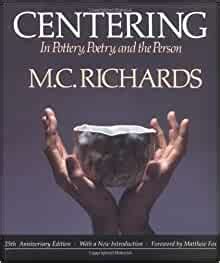A Quote by Paulo Coelho
A Warrior of Light values a child's eyes because they are able to look at the world without bitterness. When he wants to find out if the person beside him is worthy of his trust, he tries to see him as a child would
Related Quotes
Fright is something one can never get over. When a warrior is caught in such a tight spot he would simply turn his back to the ally without thinking twice. A warrior cannot indulge thus he cannot die of fright. A warrior allows the ally to come only when he is good and ready. When he is strong enough to grapple with the ally he opens up his gap and lurches out, grabs the ally, keeps him pinned down and maintains his stare on him for exactly the time he has to, then he moves his eyes away and releases the ally and lets him go. A warrior, my little friend, is the master at all times
On the ground of our own goodness we cannot expect to have our prayers answered. But Jesus is worthy, and for His sake we may have our prayers answered. There is nothing too choice, too costly, or too great for God to give Him. He is worthy. He is the spotless, holy Child, who under all circumstances acted according to the mind of God. And if we trust in Him, if we hide in Him, if we put Him forward and ourselves in the background, depend on Him and plead His name, we may expect to have our prayers answered.
The child takes in his world as if it were food. And his world nourishes or starves him. Nothing escapes his thirst. Secrets are impossible. He identifies with his surroundings and they live within him unconsciously; it is perhaps for this reason that the small child has been characterized as naturally religious.
Love isn't a burst o' trumpets and a flock o' doves descendin' out o' the heavens to roost on yer heads. Tis sharin' a cup o' tea by the hearth on a cold winter's night. 'Tis the look in yer husband's eyes when ye lay yer first child in his arms. Tis the ache in yer heart when ye watch the light in his eyes dim fer the last time, and know a part o' ye has gone out o' this world with him.
It is as his own mind comes into contact with others that truth will begin to acquire value in the child's eyes and will consequently become a moral demand that can be made upon him. As long as the child remains egocentric, truth as such will fail to interest him and he will see no harm in transposing facts in accordance with his desires.
A child is an eager observer and is particularly attracted by the actions of the adults and wants to imitate them. In this regard an adult can have a kind of mission. He can be an inspiration for the child's actions, a kind of open book wherein a child can learn how to direct his own movements. But an adult, if he is to afford proper guidance, must always be calm and act slowly so that the child who is watching him can clearly see his actions in all their particulars.
Say of him what you please, but I know my child's failings. I do not love him because he is good, but because he is my little child. How should you know how dear he can be when you try to weigh his merits against his faults? When I must punish him he becomes all the more a part of my being. When I cause his tears to come my heart weeps with him. I alone have a right to blame and punish, for he only may chastise who loves.
When we stand in the light it is not we who illumine the light and cause it to shine but we are illuminated and made shining by the light... God grants his blessings on those who serve him because they are serving him and on those who follow him because they are following him, but he receives no blessing from them because he is perfect and without need
The goal in raising one's child is to enable him, first, to discover who he wants to be, and then to become a person who can be satisfied with himself and his way of life. Eventually he ought to be able to do in his life whatever seems important, desirable, and worthwhile to him to do; to develop relations with other people that are constructive, satisfying, mutually enriching; and to bear up well under the stresses and hardships he will unavoidably encounter during his life.
Home they brought her warrior dead: She nor swooned, nor uttered cry: All her maidens, watching, said, 'She must weep or she will die.' Then they praised him, soft and low, Called him worthy to be loved, Truest friend and noblest foe; Yet she neither spoke nor moved. Stole a maiden from her place, Lightly to the warrior stepped, Took the face-cloth from the face; Yet she neither moved nor wept. Rose a nurse of ninety years, Set his child upon her knee- Like summer tempest came her tears- 'Sweet my child, I live for thee.' -Alfred Lord Tennyson
At birth, the child leaves a person - his mother's womb - and this makes him independent of her bodily functions. The baby is next endowed with an urge, or need, to face the out world and to absorb it. We might say that he is born with 'the psychology of world conquest.' By absorbing what he finds about him, he forms his own personality.




































